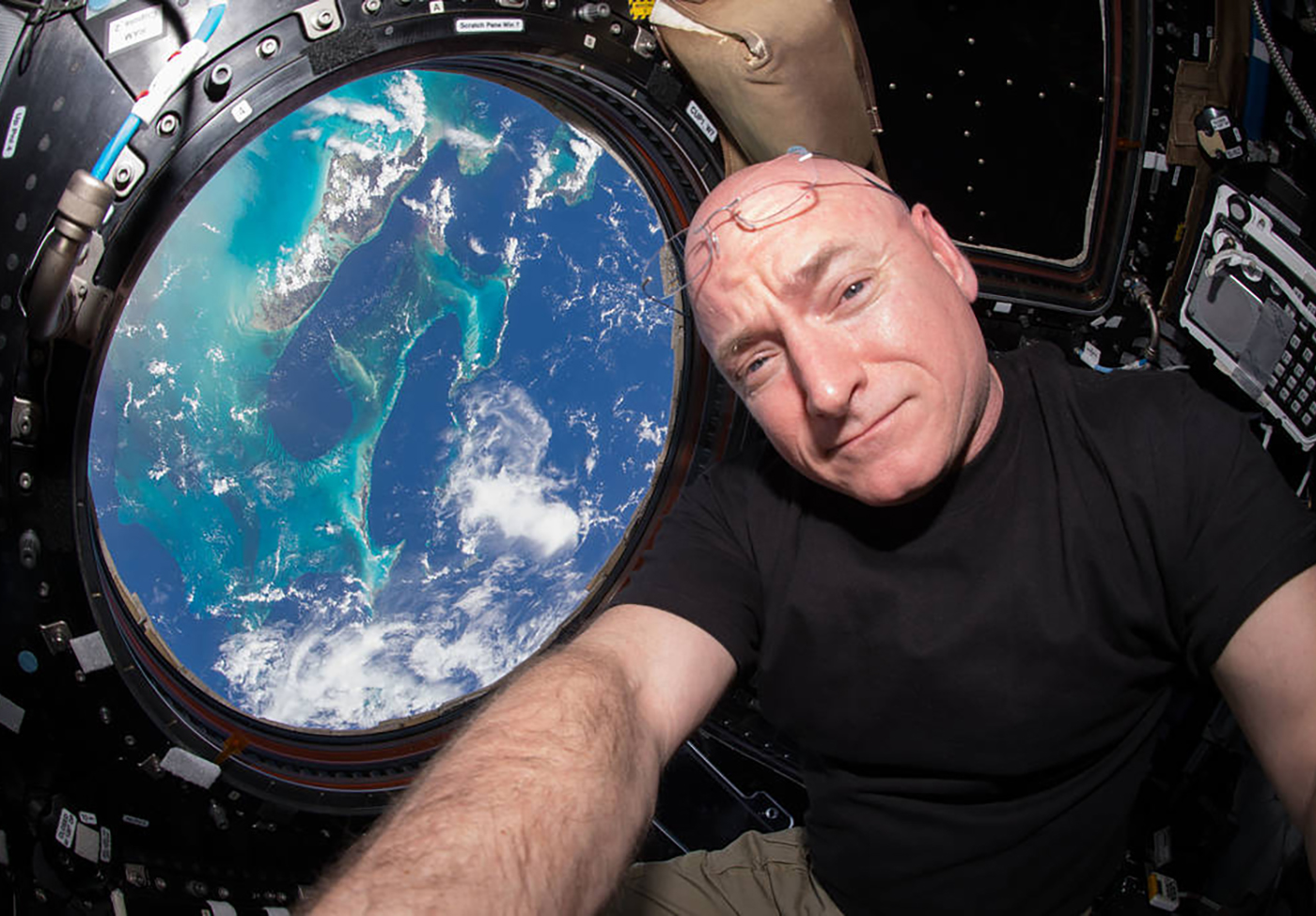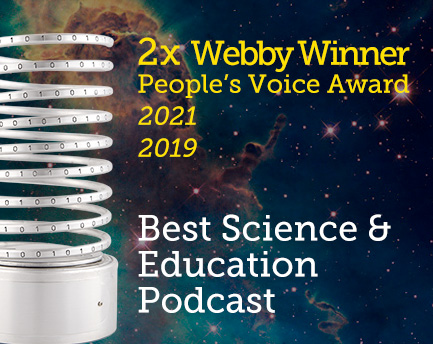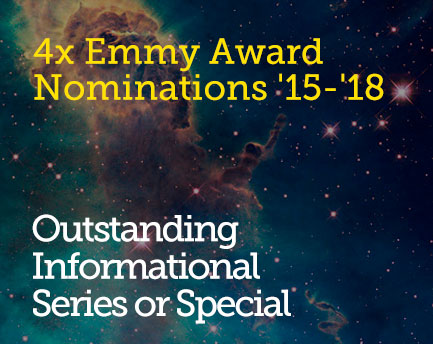May 17, 2020 6:45 pm
Monday, Neil deGrasse Tyson Explores Biology in Space with Chris Mason
On the new episode of StarTalk Radio, Neil deGrasse Tyson is exploring biology in space. What exactly does that mean? Well, it can mean a lot of things. What does NASA’s Twin Study tell us about how humans function in space? How does the human body adapt to being in space? Can we genetically-modify humans for long-term space travel? How can we use computational biology to predict outcomes? Good news for you – we explore all of this and a lot more.

Scott Kelly Aboard the ISS. Image Credit: NASA.
Neil is joined by comic co-host Matt Kirshen and Chris Mason, PhD. Chris is a computational biologist and geneticist who worked on NASA’s Twin Study involving Scott Kelly and Mark Kelly. As a reminder, Scott spent a year in space while his twin brother, Mark, spent a year on the ground, resulting in a fascinating experiment and subsequent research that Chris had a major role in developing
To start, we dive into computational biology and how it helps us understand what’s going on in the world. You’ll learn about some surprising aspects Chris discovered from the study. We explore the effects of long-term space travel on the human body. Does zero-g make it harder for the body to digest food or go to the bathroom? Chris tells us what it’s like to use a bathroom aboard the International Space Station.
We investigate how to deal with cosmic exposure during space travel. Would the methods used in the shows Avenue 5 work in real life? Or, could we genetically-modify humans to withstand more exposure to radiation? Neil explains a bit of history behind dreaming up biological modifications that resulted in engineering solutions instead.
Then, you’ll learn about the long-term effects of living on a planet with more gravitational force than Earth. We ponder whether there would be any neurological or physical changes from spending your entire life on another planet or being born in zero-g. That leads to another question: Can you give birth in zero-g? Lastly, we look at the impact of zero-g on the eyes. All that, plus, we also explore the impact of isolation on space travelers.
Please join us tomorrow for Cosmic Queries – Humans in Space at 3pm ET right here on our website, as well as on Apple Podcasts, Google Play Music, SoundCloud, Spotify, Stitcher, and TuneIn. If you’re a StarTalk+ Patron or an All-Access subscriber, you can watch or listen to this episode ad-free at 3pm, too.
That’s it for now. Keep Looking Up!
– Ian Mullen
Get the most out of StarTalk!
Ad-Free Audio Downloads
Priority Cosmic Queries
Patreon Exclusive AMAs
Signed Books from Neil
Live Streams with Neil
Learn the Meaning of Life
...and much more

 Become a Patron
Become a Patron

